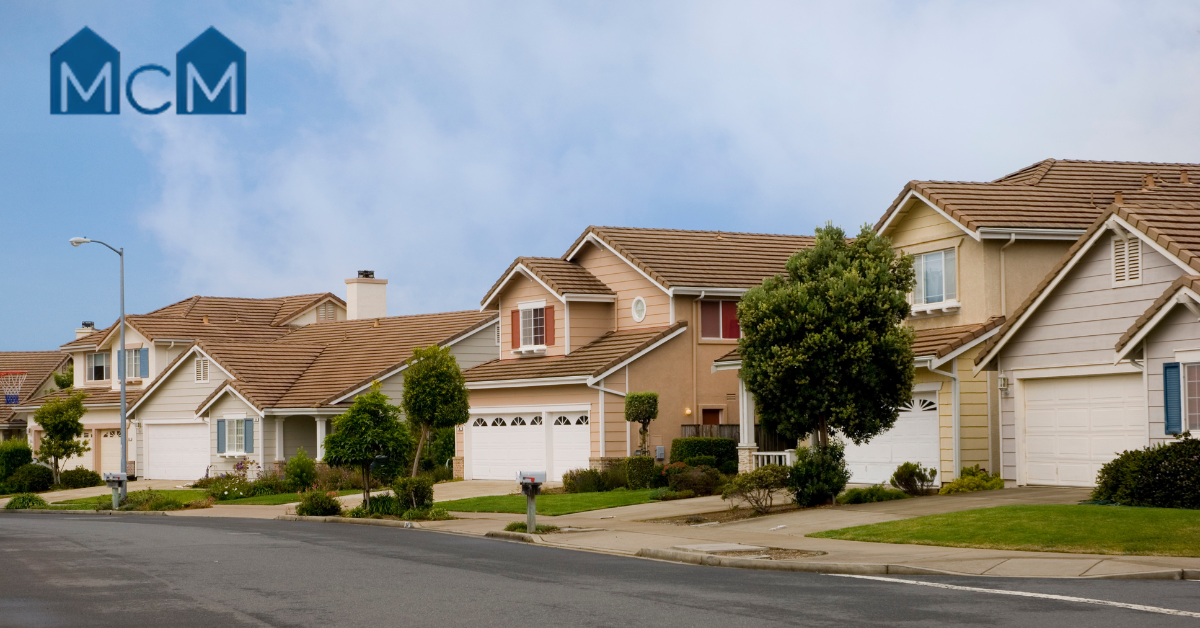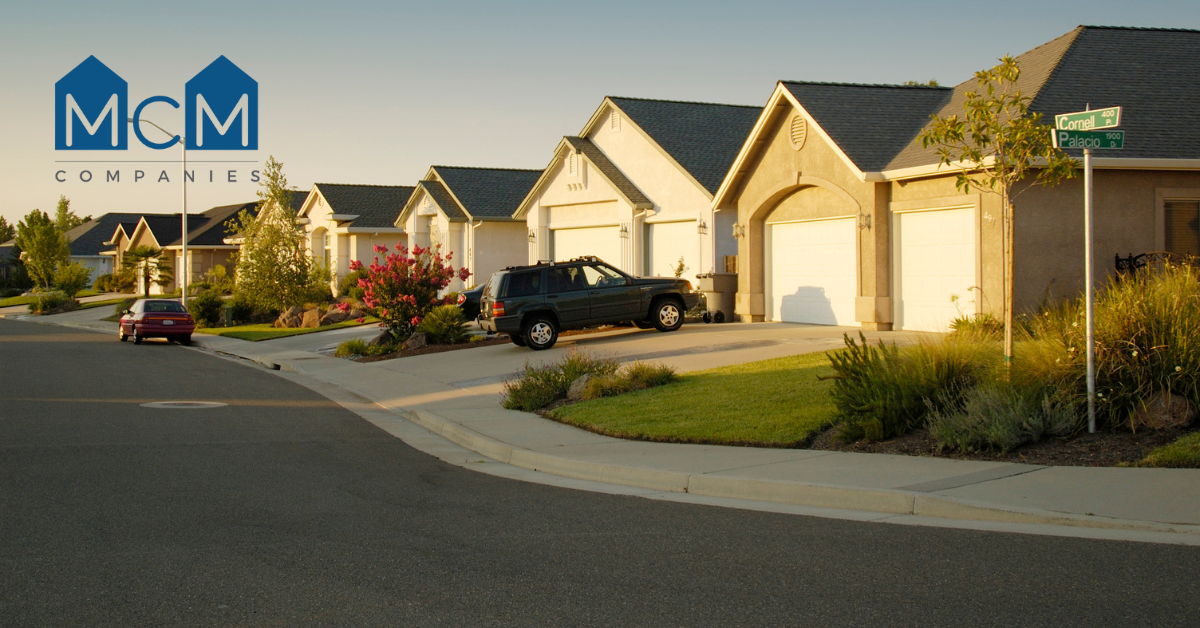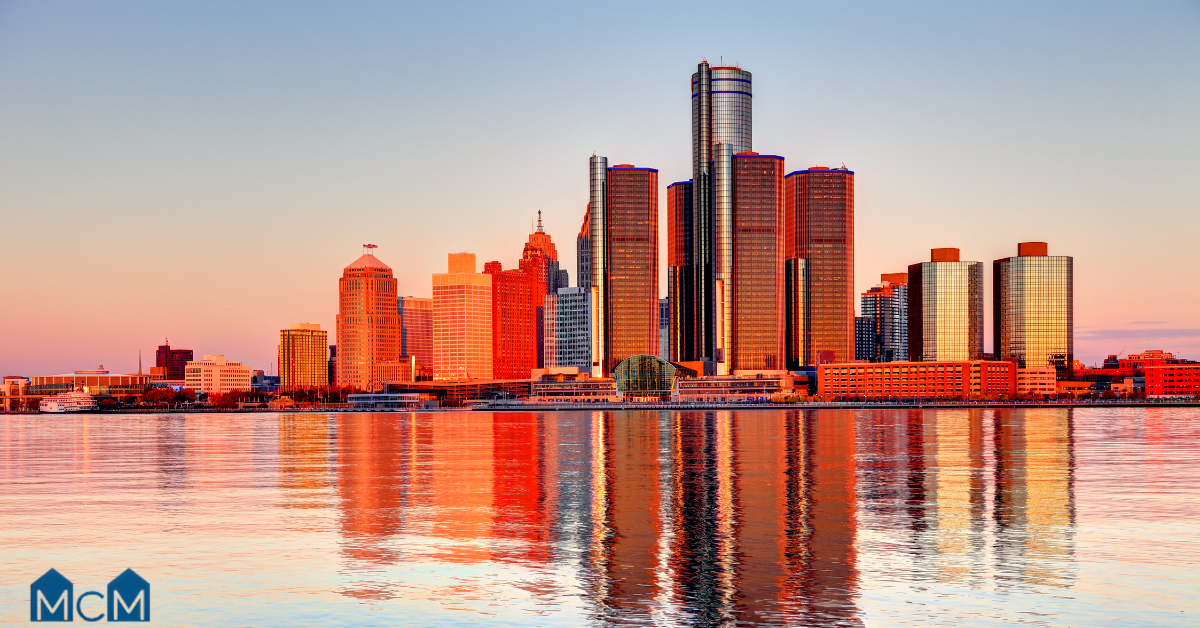How to Finance a Modular Home in 2024


The modular home market is experiencing a surge in popularity, attracting a wide audience of potential buyers seeking a quality, customizable alternative to traditional site-built homes. Modular homes offer numerous advantages, including the ability to personalize your dream home layout and finishes, strict quality control during the factory construction process, and faster build times than traditional construction.
Want to join this homebuying revolution? In this first part of our series on how to finance a modular home, we'll delve into your financing options, building a solid financial roadmap, and partnering with the right lender to make your modular homeownership dream a reality.
Understanding Your Financing Options
Before exploring specific loan options, it's important to understand the key differences between financing a modular home and a traditional site-built home. Unlike traditional homes, modular homes are constructed in sections off-site and then assembled on a permanent foundation at your chosen location.
This distinction can impact financing, as lenders typically require the land to be owned and the foundation to be permanent before approving a loan. It's often crucial to secure ownership of the land and finalize foundation plans before embarking on the financing process.
Matching Your Needs with the Right Loan Option
Now that we've clarified this key difference, let's explore the financing landscape for modular homes in 2024. Several loan options are available, each catering to different needs and circumstances.
Traditional Mortgages
Traditional mortgages with competitive rates and terms are a great option for qualified borrowers who plan to buy a completed modular home on a permanent foundation (similar to traditional homes).
Traditional mortgages offer the most favorable interest rates and terms, but they generally require a higher down payment (typically 20% or more) and a strong credit score.
Construction Loans
If you’re planning to build yourself, construction loans offer a financing solution for the entire project — the modular home itself, foundation, and site prep — acting as a short-term bridge loan that converts to a permanent mortgage upon completion.
Construction loans provide financing flexibility for the entire project but often come with higher interest rates than traditional mortgages. These loans may require progress inspections and adherence to a set construction timeline.
FHA Loans
Backed by the Federal Housing Administration, FHA loans offer lower down payment requirements (often as low as 3.5%) and are a good option for first-time homebuyers. To qualify, you'll need a minimum credit score and meet other eligibility requirements set by the FHA.
VA Loans
VA loans are an excellent option for veterans and active-duty military personnel. These government-backed loans typically require no down payment and offer competitive interest rates. To qualify, you'll need to meet specific service requirements and have a good credit score.
USDA Loans
USDA loans are designed to promote homeownership in rural areas. These loans offer low to no down payment options for eligible borrowers, but they come with residency restrictions within designated USDA-eligible rural areas.
Important Note: This overview provides a general understanding of each loan option. Eligibility requirements and program details can vary depending on your location and lender. It's always best to consult with a qualified mortgage professional to determine the loan program that best suits your individual circumstances.
Building Your Financial Roadmap
Securing financing for your modular home starts with establishing a solid financial foundation. There are several steps to get your finances in top shape before navigating the loan application process.
The most important step is to assess your financial fitness. A strong credit score (ideally above 670) is crucial for securing the best loan terms and interest rates. Review your credit report for any errors and take steps to improve your score if necessary. This might involve paying down existing debt, making consistent on-time payments, and keeping your credit utilization ratio low.
Calculate Your Budget: Costs to Consider
Purchasing a modular home involves more than just the base price of the home itself. When financing a modular home, understanding these potential costs is paramount.
Your specific circumstances — whether purchasing new land, building on land you already own, or joining an established community — will determine your financial considerations. Let’s examine a breakdown of the various costs that might impact your budget.
Modular Home Costs
This includes the base price of your chosen modular home design, as well as any customizations you plan to incorporate. Be sure to factor in the cost of additional features, appliances, and upgrades you desire.
Land Acquisition
If you don't already own land, the cost of acquiring a suitable lot for your modular home needs to be considered. Factors like location, size, and existing utilities will influence the price.
Site Preparation and Foundation
The land may require preparation work before foundation construction can begin. This could involve grading, clearing, and any necessary infrastructure installations. The foundation itself is a crucial element, and its cost will vary depending on the size and complexity of the design.
Permitting and Inspections
Obtaining the necessary permits and inspections throughout the construction process is essential. These can come from both government agencies and other local governing bodies, such as community associations, depending on where you plan to have your modular home.
Utility Connection Costs
Connecting your modular home to utilities like water, sewer, and electricity will incur additional costs.
Unexpected Costs
It's wise to include a buffer in your budget for unexpected expenses that may arise during the construction process. This could include minor material cost overruns or additional site preparation needs.
By creating a comprehensive budget that incorporates all these potential costs, you'll be well-positioned to secure the appropriate financing and avoid financial surprises down the road.
Down Payment Strategies to Reduce Long-Term Costs
Having a substantial down payment can significantly impact your loan options and interest rates. A larger down payment translates to a lower loan amount, potentially qualifying you for a more favorable loan program with a lower interest rate.
Building your down payment requires a multi-pronged approach. First, develop a realistic budget that prioritizes saving. Scrutinize your spending habits and find ways to redirect those funds toward your down payment goal.
You might also consider using financial products like certificates of deposit (CDs) or money market accounts to make your savings grow faster. These accounts offer a safe haven for your money while typically earning a higher interest rate than traditional savings accounts.
Don't forget to explore down payment assistance programs available in your area. These programs can provide grants or low-interest loans to bridge the gap and get you closer to your dream home. Remember, the larger your down payment, the stronger your loan application and the more comfortable your monthly mortgage payment will be.
Working with a Modular Home Expert
Once you understand the basics of how to finance a modular home, choosing the right partner is key. Look for a lender with expertise in financing modular homes. Their familiarity with the unique aspects of modular construction will ensure a smooth process.
Don't settle for the first offer — compare interest rates and loan terms from different lenders. Likewise, you should prioritize clear communication and customer focus. Choose a lender who is transparent throughout the process and puts your satisfaction first.
Furthermore, don't hesitate to ask questions and get clarification on any aspect of the loan program that you don't fully understand. A strong lender-borrower relationship is key to a smooth and successful financing experience.
Find Your Dream Home with MCM Communities
If you’re considering a modular or manufactured home, MCM Communities is your ideal partner. We’re here to help you get the information you need, understand your options, and find your next home. If you want to build a modular home, simply reach out to our experts for personalized advice! And consider exploring the housing options within the MCM Communities network, where we blend community living with the unique charm of manufactured homes.
Ready to turn your modular home dreams into reality? Speak to one of our team members today!
.svg)





